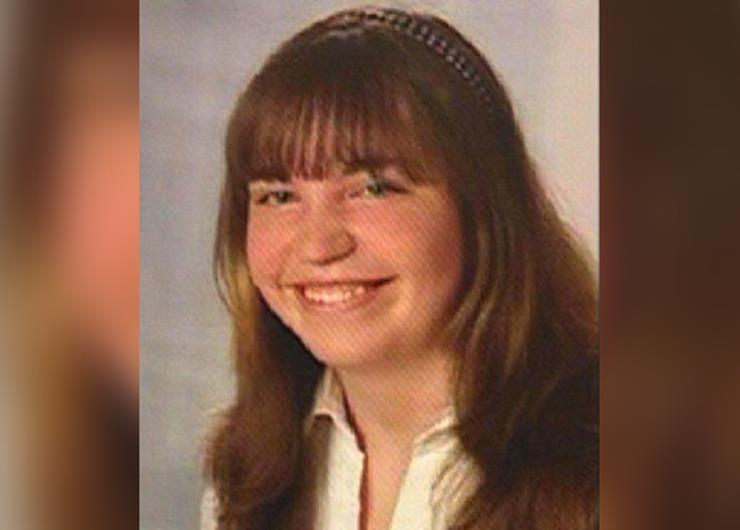

Yet during her captivity, Kampusch was allowed on excursions into town with her captor, and at one point accompanied Přiklopil on a skiing trip.
#Family elisabeth fritzl now photo windows#
After her 18th birthday, she was allowed to leave the house with him, but was reportedly told that the windows were booby-trapped with high explosives he also claimed he carried a gun. Later in her years-long captivity, she was taken out for some hours during the day, and eventually allowed into the house, but returned to the cellar at night and when Přiklopil was at work. For the first six months of her kidnapping, Kampusch was held in a small, soundproof, and windowless cellar underneath Přiklopil's garage in his home in the town of Strasshof an der Nordbahn. For the next eight years, she was held by Wolfgang Přiklopil, a communications technician, until her daring escape in August 2006.

In 1998, when Natascha Kampusch was 10 years old and living with her family in Vienna's Donaustadt district, she was abducted on her way to school. Natascha Kampusch during the Markus Lanz Talkshow on Octoin Hamburg, Germany. In 2009, he changed his surname to Mayrhoff to avoid recognition. Josef Fritzl was sentenced to life in prison, which he is serving in Garsten Abbey. The three children kept upstairs by Josef Fritzl were mostly treated for anger and resentment after they learned the truth about their family and lives. It was initially said that they may need therapy for the rest of their lives. Elisabeth and the children kept in the basement, who for years had no access to vitamins, sunshine, and exercise, took daily doses of mood and emotion-altering drugs, the outlet reported. Her teenage son, Stefan, was unable to walk properly after years of stooping in the basement prison, Australian outlet The Age reported in 2008. Two reportedly experienced anxiety and panic attacks brought on by small occurrences, like the dimming of lights and doors opening, as they slowly adjusted to their new lives. The children, particularly the three who lived in the basement and had to adjust to life outside of that prison, appear to have had an uphill struggle toward a sense of normalcy. But according to an article in The Independent, their relationship was repaired over time, and Rosemarie Fritzl has even grown close with her children. Elisabeth, 42 when she escaped, reportedly had a strained relationship with her mother at first, who did not know what was happening for the decades her daughter was being held below her own home. They were given the option to take on new identities. Elisabeth Fritzl and her childrenĪfter Elisabeth Fritzl’s escape in 2008, which came after the eldest of the six surviving children she had by her father required hospitalization, she and her children were taken into state care and soon moved to a village in northern Austria, where they live in a fortress-like house and began therapy. Below is a look at what happened to these survivors - Elisabeth Fritzl and her six children, Kampusch, Knight, Berry and DeJesus - after their daring escapes. While the new film looks at the horrors of captivity and years of abuse, the aftermath in these cases for the victims is largely left open-ended.

Berry managed to escape one spring evening with her daughter and phoned the police the three had been held between nine and 11 years. She escaped in a rare moment that her captor was distracted and went on to tell her story of captivity, endurance, and years later, forgiveness.Īnother "house of horrors" tale emerged in 2013 when it was discovered that Michelle Knight, Amanda Berry, and Georgina "Gina" DeJesus were being held captive for years in Ariel Castro's Cleveland home. When the ugly truth of the horrors committed beneath the Fritzl's home emerged, many recalled the case of Natascha Kampusch, an Austrian girl who was kidnapped in 1998 at the age of 10 and held captive for eight years by Wolfgang Přiklopil below his garage.
#Family elisabeth fritzl now photo movie#
The movie shifts the story to the American suburbs while altering and expanding upon details of what actually happened between 19 in the eastern European town. The coercion, imprisonment, and rape endured by Elisabeth Fritzl at the hands of her own father in their home in Austria is the inspiration for Lifetime's new feature film, “Girl in the Basement,” which premiered Saturday.


 0 kommentar(er)
0 kommentar(er)
